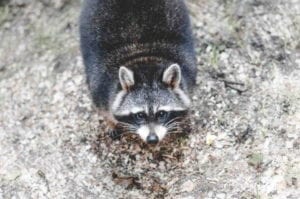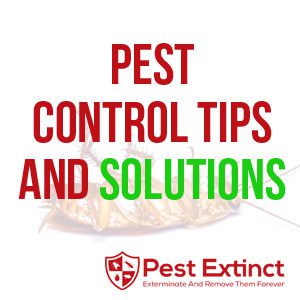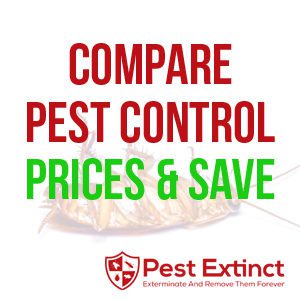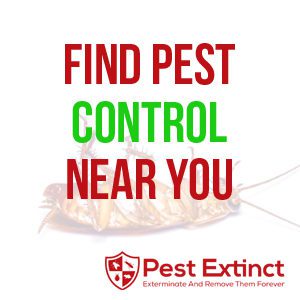
The Ethics of Raccoon Removal: Responsible Pest Control
Raccoons are a common nuisance for homeowners, but removing them in a humane and responsible way can be a challenge. In this blog, we will discuss the importance of ethical raccoon removal and responsible pest control practices.
Why Ethical Raccoon Removal is Important
Raccoons are a vital part of the ecosystem and play an important role in controlling insect populations. They also help to spread seeds and maintain the health of forests and other natural habitats.
However, when raccoons become a pest in our homes and gardens, it can be tempting to remove them in a way that is not humane. This can cause unnecessary suffering and harm to the animals and may also lead to legal repercussions.
Humane Raccoon Removal Methods
There are several humane methods for removing raccoons from your home or property. These include:
- Live trapping: This involves capturing the raccoon in a trap and releasing it in a safe and suitable habitat.
- Repellents: Certain natural repellents, such as ammonia or hot pepper spray, can be used to discourage raccoons from entering your property.
- Habitat modification: Removing potential food sources and securing access points can make your property less attractive to raccoons.
It’s important to note that killing raccoons should be avoided whenever possible. Not only is it cruel, but it may also be illegal in your area. It is important to check with your city or state laws before attempting any form of wildlife removal.

Responsible Pest Control Practices
Once you’ve removed the raccoons, it’s important to take steps to prevent them from returning. This includes making sure that potential food sources and access points are secured, using repellents if necessary, and keeping your property clean. It’s also important to remember that pest control should always be approached with caution. Always use humane and safe methods, such as live trapping, rather than more dangerous or harmful measures.
By taking these steps, you can ensure that raccoon removal is done in a responsible and ethical way. Not only will this help protect the animals, but it can also save you a lot of time and money. In addition to humane raccoon removal methods, responsible pest control practices can also help to get rid of raccoons and prevent raccoon infestations. These include:
- Properly securing trash cans and compost bins to prevent raccoons from accessing food sources.
- Sealing any potential entry points, such as gaps in roofing or siding.
- Removing any fallen fruit or nuts from trees and shrubs.
- Using motion-activated lighting or sprinklers to deter raccoons from entering your property.
Working with Professional Pest Control Services
If you are experiencing a raccoon infestation, it may be best to work with a professional pest control service. When choosing a pest control service, it’s important to select one that uses humane and responsible methods for raccoon removal.
Professional pest control services can help to:
- Identify potential entry points and provide recommendations for securing your property.
- Trap and remove raccoons in a safe and humane manner.
- Provide ongoing monitoring and prevention services to help prevent future infestations.
Raccoon removal can be a challenging and sensitive issue, but by using humane and responsible methods, we can protect both our homes and these important members of our ecosystem. Preventative measures, such as securing access points and removing potential food sources, can also help to prevent raccoon infestations in the first place. If you are experiencing a raccoon infestation, working with a professional pest control service can help to ensure that the animals are removed in a humane and responsible way.

How Much Will Raccoon Removal Services Cost?
The cost of raccoon removal services can vary widely depending on several factors, including the severity of the infestation, the location of the infestation, and the type of removal method used. Here are some factors that can affect the cost of raccoon removal services:
The severity of the Infestation
The severity of the raccoon infestation is one of the primary factors that can affect the cost of removal services. A minor infestation may only require a few traps, while a major infestation may require more extensive trapping and exclusion methods.
Location of the Infestation
The location of the raccoon infestation can also affect the cost of removal services. For example, if the raccoons have taken up residence in an attic or crawl space, removal may require more labor and equipment than if they are outside in the yard.

Type of Removal Method Used
The type of removal method used can also affect the cost of raccoon removal services. Live trapping and relocation may be more expensive than exclusion methods or repellents, but it is also generally considered to be the most humane option.
Choosing a Pest Control Service
When choosing a pest control service for raccoon removal, it’s important to select one that is experienced and knowledgeable in humane and responsible removal methods. A reputable pest control service should also provide a detailed estimate of the costs involved in the removal process, including any potential additional costs that may arise.
Average Cost of Raccoon Removal Services
On average, raccoon removal services can cost anywhere from $100 to $500 depending on the severity of the infestation, the location of the infestation, and the type of removal method used. Professional pest control services may also charge additional fees for ongoing monitoring or follow-up visits.
It is important to note that some states have laws that require raccoons to be relocated or euthanized, so be sure to research local laws and regulations before attempting raccoon removal on your own.
Raccoon removal can be a complex and costly process, but by working with a professional pest control service that uses humane and responsible methods, you can protect both your property and the raccoons themselves. When selecting a pest control service, be sure to consider the severity of the infestation, the location of the infestation, and the type of removal method used to ensure that you receive an accurate estimate of the costs involved in the removal process.

Leave a Reply